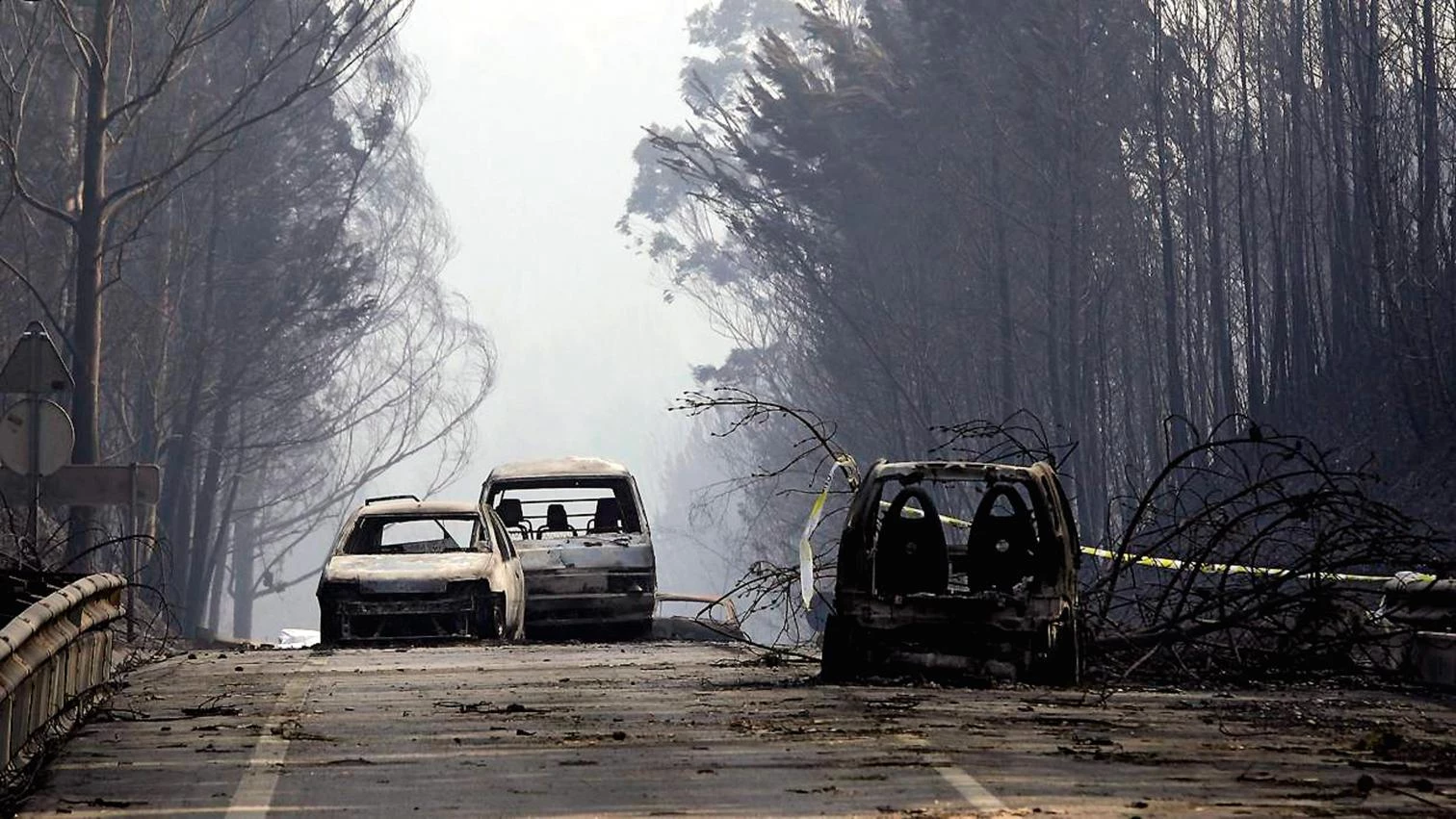
Beyond the economic crisis or the territorial tensions between the two countries that form it, the Iberian Peninsula has a big problem: pyromania. One summer after another, on both sides of the border between Spain and Portugal, fires make headlines. Still, neither unanimous contrition for the devastating effect of the conflagrations nor widespread denouncement of the inadequate policies for relocation nor the generalized complaint about the lack of means and resources for preventing and fighting fire suffices to reduce the impact of these great economical and environmental tragedies which, so often and so unfortunately, are also human tragedies.
Another recent environmental and human tragedy is the fire in Pédrogão Grande, in Portugal, which lasted a whole week and with consequences that are difficult to calibrate: more than 40,000 hectares of forest destroyed, several villages affected, and most importantly, 64 dead (47 burned in the caravan of cars stranded along National Road 236, images of which have shocked the world).
With suspicious speed the Portuguese authorities attributed the blaze to lightning, but several experts point to the hand of man. A few weeks later, the fire that reduced to ashes almost 9,000 hectares near Doñana National Park was like a confirmation that the two countries are sisters in arson. The flames are just the visible part of the territorial problems of an Iberia whose fields are more and more abandoned and progressively shrinking. An increasingly empty Iberia.





